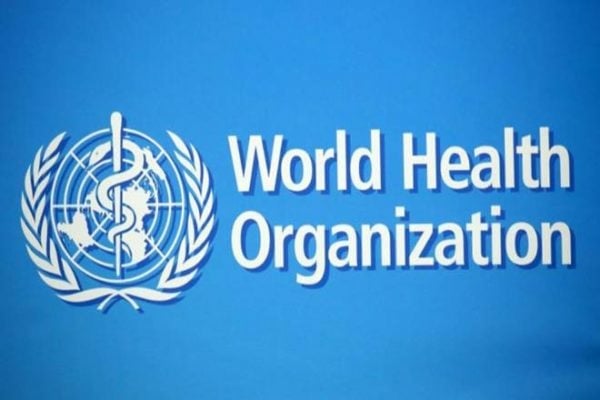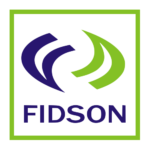The World Health Organisation (WHO), on Wednesday, stressed that there is currently no conclusive scientific evidence establishing a link between autism spectrum disorder (ASD) and the use of acetaminophen, commonly known as paracetamol, during pregnancy.
In a statement on its website, the global health body noted that nearly 62 million people worldwide, about one in every 127, were living with autism, a diverse group of conditions related to brain development.
While awareness and diagnosis have improved in recent years, the precise causes of autism remained unknown and were believed to involve multiple factors.
“Extensive research has been undertaken over the past decade, including large-scale studies, looking into links between acetaminophen use during pregnancy and autism. At this time, no consistent association has been established,” WHO stated.
It advised women to continue following the guidance of doctors and health workers on the use of medicines during pregnancy, particularly within the first trimester.
WHO also reiterated that vaccines do not cause autism.
“Original studies suggesting a link were flawed and have been discredited. Since 1999, independent experts advising WHO have repeatedly confirmed that vaccines—including those with thiomersal or aluminium—do not cause autism or other developmental disorders,” it noted.
The organisation explained that childhood vaccine schedules were carefully designed with global expert input, and have saved an estimated 154 million lives in the past 50 years.
Delays or disruptions to immunisation, it warned, sharply increase infection risks for children and vulnerable groups.
“Every vaccine recommendation by the Strategic Advisory Group of Experts on Immunisation is grounded in rigorous evidence review and designed to offer the best protection against serious diseases when most needed,” the statement said.
WHO added that autism and other neurodevelopmental conditions are among the priority issues being discussed at the fourth UN High-Level Meeting on NCDs and mental health, scheduled for Thursday, September 25.
“As a global community, we need to do more to understand the causes of autism and how best to support autistic people and their families,” it emphasised, pledging continued partnership with autistic-led organisations and advocacy groups.
The clarification followed recent remarks by US President, Donald Trump, who urged pregnant women to avoid Tylenol due to an unproven link to autism and called for changes to standard childhood vaccination schedules.
Medical associations, however, have long described acetaminophen as one of the safest pain relievers during pregnancy.
WHO spokesman, Tarik Jasarevic, acknowledged that while some observational studies suggested a possible association between prenatal paracetamol exposure and autism, such studies lacked the robust controls needed to establish causation.




